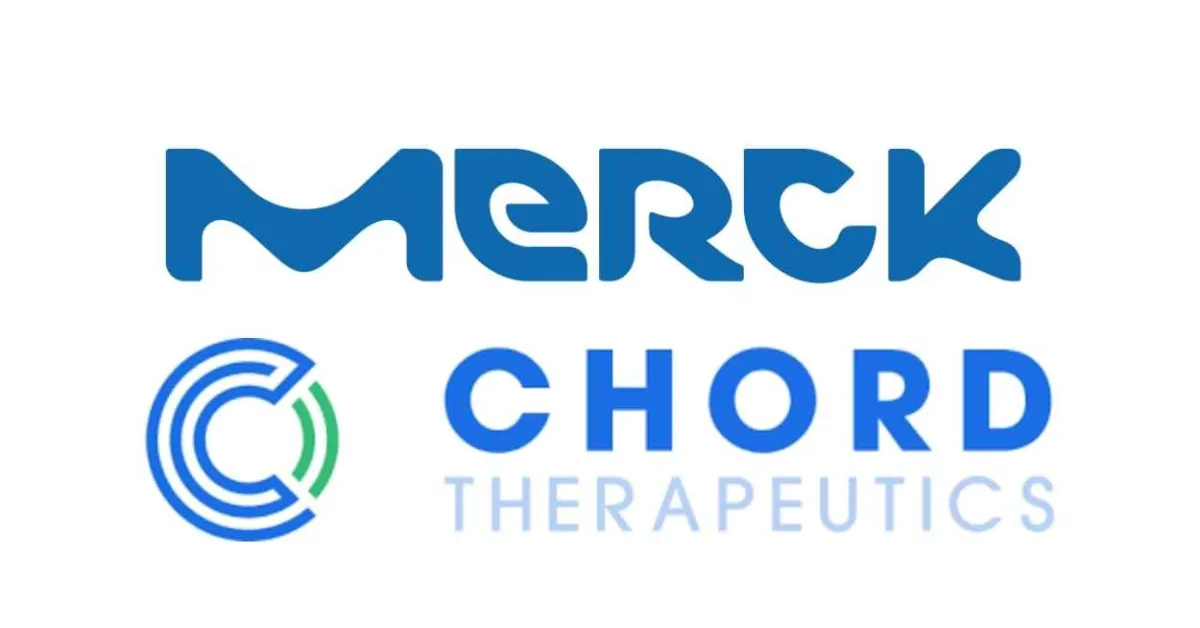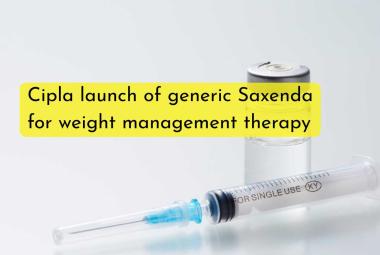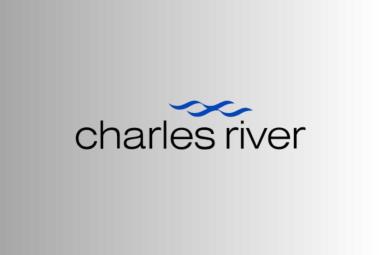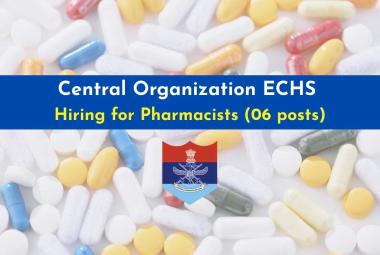Merck, a leading science and technology company announced a strategically focused expansion of its neurology pipeline with the acquisition of the rights to develop cladribine for the treatment of generalized myasthenia gravis (gMG) and neuromyelitis optica spectrum disorder (NMOSD). Merck entered into an agreement to secure the global rights by acquiring Chord Therapeutics, a Swiss-based biotech company focused on rare neuroinflammatory diseases.
“Cladribine has a unique mechanism of action which is relevant in antibody-mediated disease such as NMOSD and gMG. In exploratory studies, cladribine demonstrated promising results in these diseases. These data have prompted us to initiate further development with cladribine in gMG and NMOSD to potentially bring a new therapeutic option to patients and expand our portfolio in this area,” said Danny Bar-Zohar, MD, Head of Global Development for the biopharma business of Merck.
Cladribine is a well characterized molecule that has been extensively studied across MS and oncologic disorders and has shown promising results in exploratory studies in gMG and NMOSD. Merck plans to leverage its existing capabilities to further develop an oral cladribine product tailored specifically for these indications. The transaction is expected to be closed in early 2022 after satisfactory completion of customary closing conditions.
Generalized myasthenia gravis is a disease in which patients experience weakness in ocular, limb, and respiratory muscles and that has a significant impact on Quality of Life. It is estimated that 700,000 people around the world are living with gMG. NMOSD, also known as Devic´s disease, is an autoimmune disease, often misdiagnosed as MS due to similar symptoms. NMOSD is estimated to impact 200,000 people around the world.














